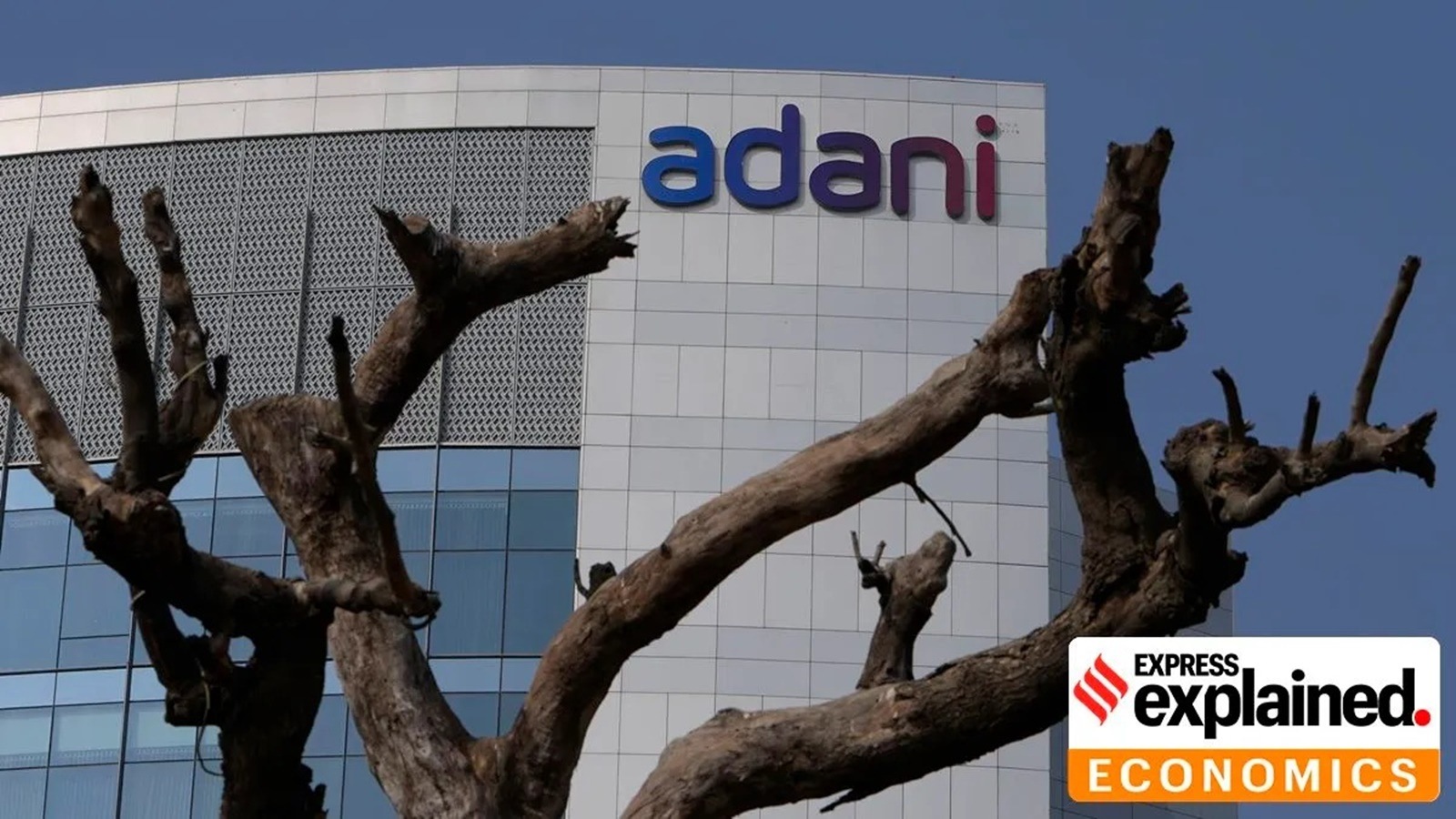The two aspects of the Hindenburg Research allegations against the Adani Group which market regulator Securities and Exchange Board of India is still probing are: i) ownership of 12 foreign portfolio investors who hold stake in the companies of the group, and ii) short sellers (selling without owning) in Adani shares during January 18-31 last year (around the time of the release of the Hindenburg report).

SEBI had last August told the Supreme Court it is gathering details pertaining to “economic interest shareholders” of 12 Foreign Portfolio Investors (FPIs) which are public shareholders of the Adani Group companies.
This investigation is being conducted by the regulator to find if there has been a violation of Section 19A of the Securities Contract (Regulation) Act, which stipulates minimum 25% public shareholding in listed companies.
Providing a status report to the Supreme Court on the course of its investigation covering 13 overseas entities (12 FPIs and one foreign entity), SEBI said, “As many of the entities linked to these foreign investors are located in tax haven jurisdictions, establishing the economic interest shareholders of the 12 FPIs remains a challenge… efforts are still being made to gather details from five foreign jurisdictions.”
This is one of the two investigations, where the report is interim in nature.
The other interim report pertains to investigation of trading patterns or short positions – short selling relates to selling shares without owning them, and later buying them back at a lower price – of certain entities in Adani Group companies. The regulator sought to find if these were unusual around the time of the release of the Hindenburg report. The time period of investigation was January 18-31, 2023. SEBI said it was actively pursuing and waiting for information from external agencies/ entities. This interim report was approved on Thursday, August 23.
Story continues below this ad
Besides these two interim reports, SEBI said another 22 investigation reports were final and had been approved by the competent authority in the regulatory body.
On March 2, 2023, the Supreme Court set up a six-member expert committee “to investigate if there was a regulatory failure in dealing with the alleged contravention of laws pertaining to the securities market in relation to the Adani Group or other companies.”
Separately, the Supreme Court also asked SEBI to probe if there was a violation of the minimum public shareholding norms in public limited companies; if there was a failure to disclose transactions with related parties; and if there was any manipulation of stock prices.
Of these 22 investigations for which reports are final, 13 were conducted to probe if there was a failure to disclose transactions with related parties (including fraudulent nature of transactions, mis-representation in financial statements). These were submitted and approved by the competent authority between August 2 and August 23 last year.
Story continues below this ad
Two investigations conducted on manipulation of stock prices in seven Adani Group companies by FPIs/ foreign entities named in the Hindenburg report, have also been completed, with their final reports approved in June-July last year.
One investigation with respect to possible violations of FPI regulations has also been completed, with the final report having been approved on August 24.
Five more investigations related to possible violation of Insider Trading Regulations by certain entities while trading in Adani Group Companies have also been completed and their reports approved this month between August 9 and August 24, it said.
SEBI said it “shall take appropriate action based on the outcome of the investigations in accordance with law in the aforesaid aspects”.








































